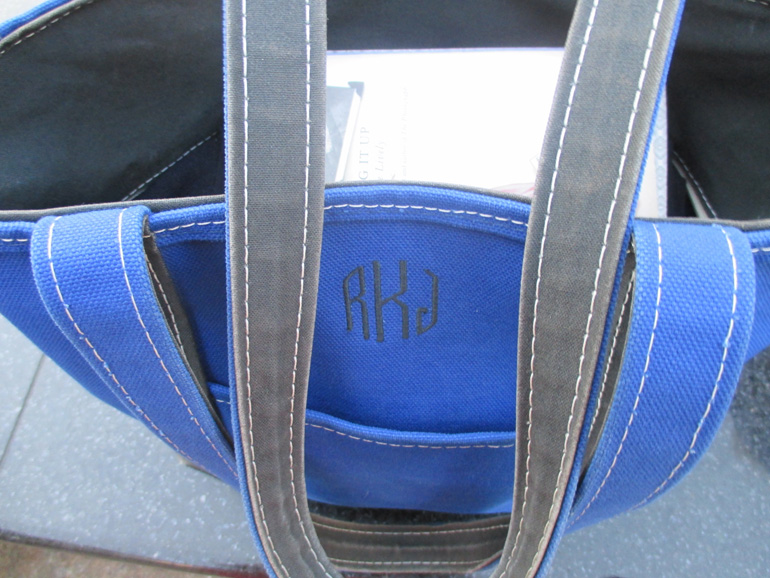Gotham Diary:
Plunge
18 March 2015
Picking up the current issue of The Nation this morning, after finishing with the Times, I had a sort of reverse sauna experience, plunging from an agreeably cool thought into a madly passionate screed — a juxtaposition that made the thought even more attractive. Both appeared in the “Books & the Arts” section at the back, which is not just the only section that I regularly read but the reason for continuing my subscription. The screed, an exaltation of the team of cartoonists that was massacred in January, was written by the editor of Cahiers du Cinéma, Stéphane Delorme. (“Team” is his word, and the subject of his fourth and final bullet point.) I don’t know if the now-venerable Cahiers was ever quite as edgy as Charlie Hebdo, but its subject matter has always been as graphic as Charlie‘s contents, and Delorme writes as if prepared to climb on board the younger vessel. “Now that literature in France has primarily become an unimportant society game, drawing brims with an understanding of the world.”
If you’ve read the piece, then you won’t be wondering why Delorme is so dismissive of literature, because the immediately preceding paragraphs concern the succès de scandale of Michel Houellebecq’s new book, Soumission. (I’m not going to translate that. You ought to have a dico on your phone if you don’t know what it means.) (Delmorme’s pep talk is entitled “Insoumission.”) I’d like to reproduce the entire essay, because it is so French, but a bit of the Houellebecq put-down will do nicely.
So Houellebecq becomes a word, an idea, the anti-Charlie. With his obsession for sullying everything, he is the embodiment of “meh” France, the rancid, depressive France of the beginning of this century. A France already anachronistic. A France represented by this intellectual without conviction, who tries things out “just to see,” to be less bored, who writes out of boredom. He is the typical French embodiment of a vintage trend, with his prose lifted from Flaubert, Céline and Sartre, but completely flattened out, deadly boring. He is the very picture of the writer without a conscience. Another sinister book was released at the same time, Jean Rolin’s Les Évenements, which shares Houellebecq’s petit-bourgeois fantasy of a civil war led by extremists coming along to entertain us. Now we must hold tight and not let these opportunistic vultures prowl around. Every one of these uninspired writers mired in the sordid and the police blotter merely gathers the crumbs left behind by journalists. We have to put an end to these so-called X-rays of French society, which only reveal their authors’ sad bile. If Charlie could make us understand once and for all that our era needs courage and conviction, and that we’re done with spinelessness — that would be a step in the right direction.
My problem with French journalism is that I have no taste for this kind of rousing, I-feel-better-now excitement, even when it makes me smile, as this certainly did. A strong current of magical thinking — Writing makes it so — charges this sort of work, which nevertheless must eventually fall back on old-fashioned exhortation: we must cease being spineless. Now is the time for courage. Well, now is always the time for courage, and there hasn’t been a moment in the past several centuries when some Frenchman wasn’t writing this sort of thing. For all the good it does…
(For a surprisingly interesting, and not at all unfavorable, review of Soumission, see Mark Lilla’s piece in The New York Review of Books. But don’t be tempted to read Houellebecq in French; he really is deadly boring. That’s his style, and, happily, it fades to invisibility in lower-key English translation. In case you find the author’s pseudonym daunting, just remember Welbeck Street in London, but try not to emphasize the first syllable.)
Nicholas Elliott’s translation of “Insoumission” immediately follows a round-up review by Thomas Meany, “The Great Chastening.” I don’t want to say a word about this fine piece today — I wrote an entry of twice the ordinary length yesterday, and I have errands to run before lunch — but the cool thought that I mentioned is expressed in one brief snippet. Meany is writing about John Dunn, author of Breaking Democracy’s Spell — a book that I think I should like to read.
His prose is intellectually bracing, sometimes opaque, but often flashes with insight. He is a late expositor of what Cyril Connolly called the Mandarin style: “Its cardinal assumption is that neither the writer nor the reader is in a hurry, that both are in possession of a classical education and a private income.”
If the shoe fits, sit up in your chair. The problem here, of course, is that I am forever barraged by the common-sense urge to soften the mandarin manner, to open up the seams here and there with a bit of (surely unnecessary) explanation, to concede that I am in possession of an education that is not quite classical — not to mention hurrying along to those errands before lunch; sometimes, just to use meaningless and inelegant expressions, such as “sort of.”

